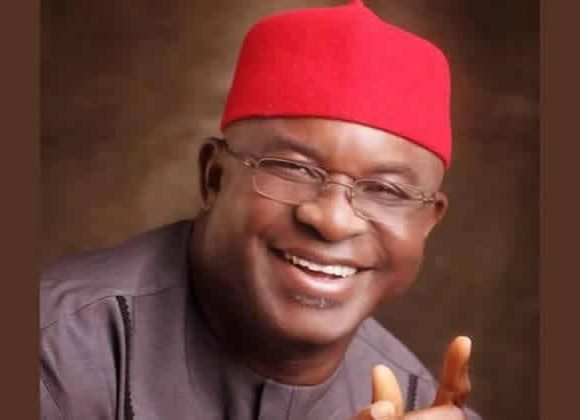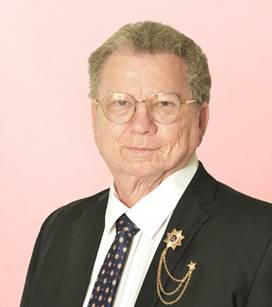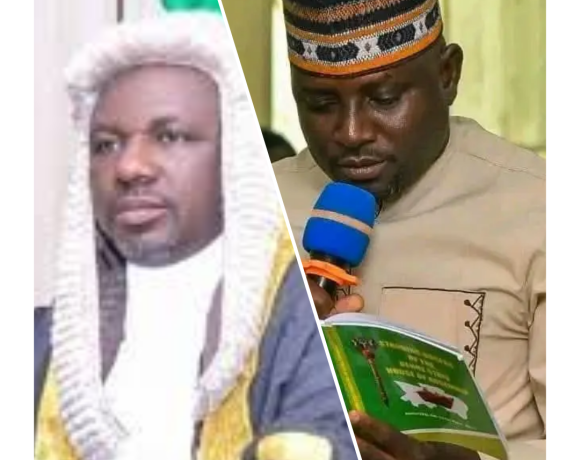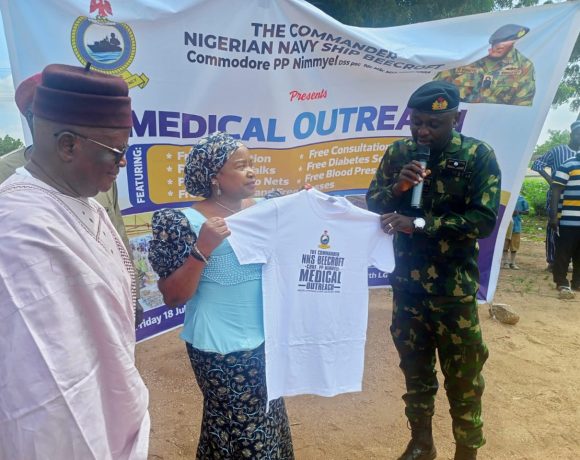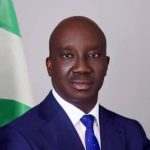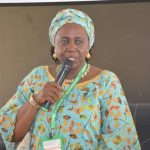How Nigeria’s new ruling party Chairman, Yilwatda Plans to Unite Nigeria, Redefine Its Political Future
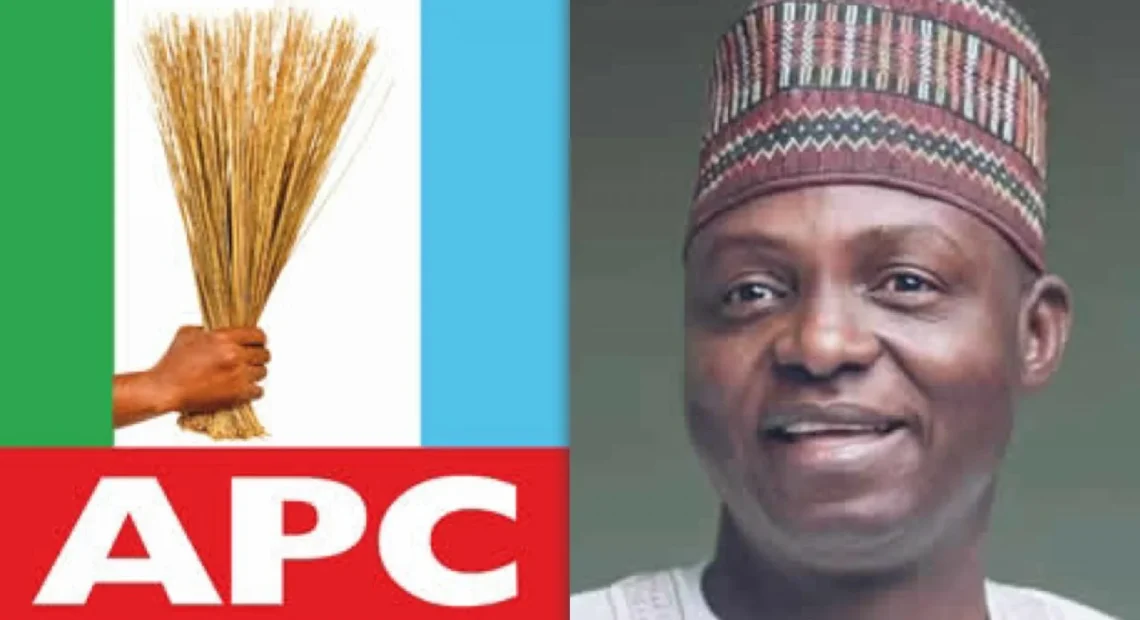
Nigeria
Dooyum Naadzenga
Nigeria’s latest ruling political party National Chairman Nentawe Yilwatda, faces a monumental task.
His ascension at this pivotal moment carries Nigeria’s heavy expectations as the party wrestles with internal tensions and the nation teeters between promise and uncertainty. Until recently Minister of Humanitarian Affairs and Poverty Reduction, Yilwatda is no stranger to Nigeria’s complex challenges.
Known for his academic rigor and a background in systems engineering, he now steps into the fractured corridors of the APC with a vision to unite and expand the party’s influence.
Yilwatda’s ambition is clear: to unite the party across its diverse and often competing factions and to extend its reach by wooing members of the opposition. “My job is to unite the party. To expand the party. We have 23 governors, and we are still counting. Our job is to bring more. We’ll do the legwork, we’ll bring them in,” he declared in his recent interview. However, such unity in a party born from a coalition of different ideologies is no small feat. The APC bears deep scars from power struggles and accusations of patronage.
The question remains—can this unity transcend a mere ceasefire to become something genuinely transformative? His strategy to “woo” opposition members is especially bold. While defections have long marked Nigeria’s political landscape, making this a formal party directive raises questions about ideological commitment and the health of Nigeria’s multi-party democracy. Will it strengthen governance or deepen cynicism about political opportunism?
Yilwatda’s reliance on seasoned party veterans, the so-called “starting 11,” reflects a deep entrenchment of experienced political heavyweights around him. While experience can provide stability, many watch warily to see if this signals continuity or change. Nigeria’s youth and dynamic voices yearn for innovation rather than a recycling of the political establishment. Backed by the President himself, whose calm demeanor masks a willingness to take tough decisions, Yilwatda walks a tightrope between ambitious reform and entrenched interests. His appointment carries the weight of expectation to not only politically unite and expand the party but also to shepherd Nigeria through a period fraught with both opportunity and risk.
Whether this grand vision will mend internal fractures, invigorate Nigeria’s democracy, and produce tangible benefits for ordinary citizens remains to be seen. The average Nigerian—the civil servant in Abuja, the tech entrepreneur in Lagos, the loyalist in Kano—each bears their own hopes and doubts. As APC charts its future under Yilwatda, the political narrative will be tested against the lived realities of millions. The nation watches, waiting to see if this new chapter signals genuine transformation or just another cycle in the country’s enduring political drama.


